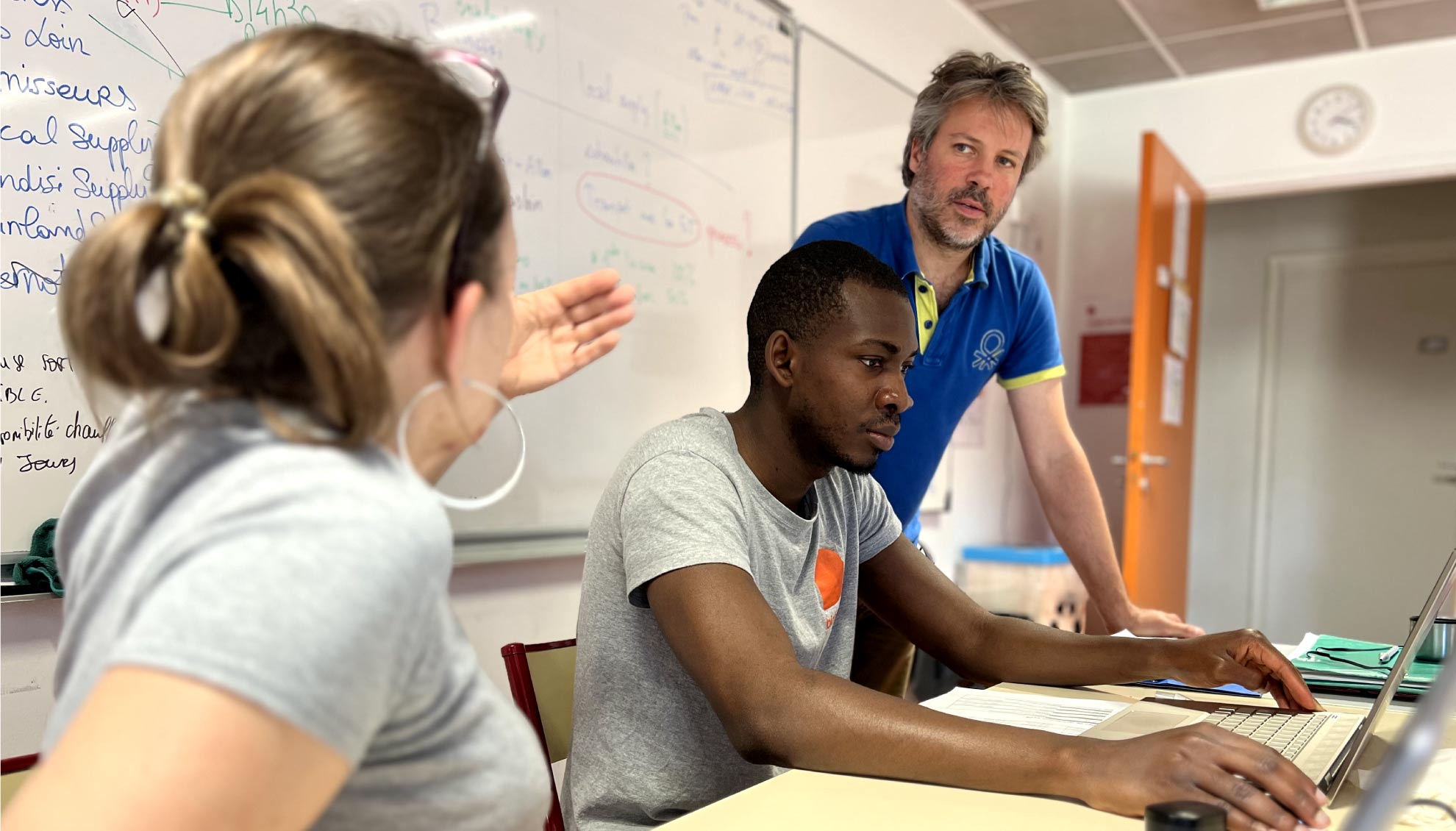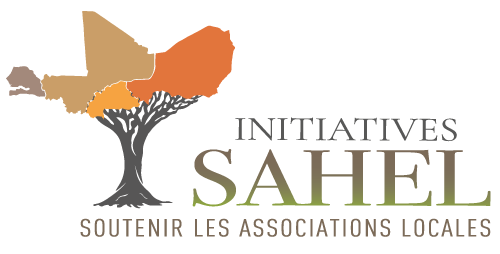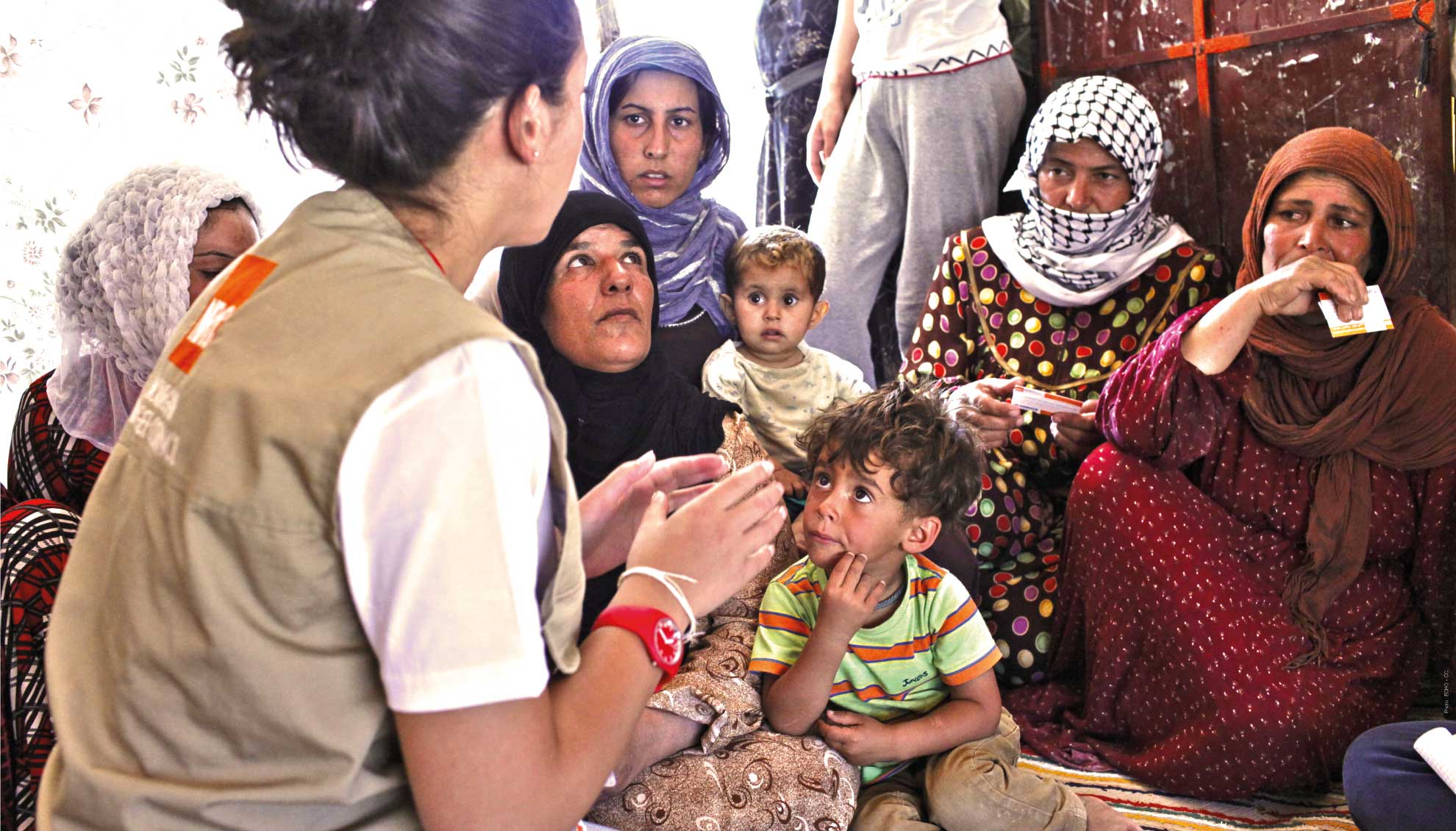
Our organisation
To ensure the smooth running of Bioforce, men and women take action every day across Europe, Africa and the Middle East. We also work alongside partners who support us. Finally, there is the history of our organisation, which continues to be written. Discover more about them.
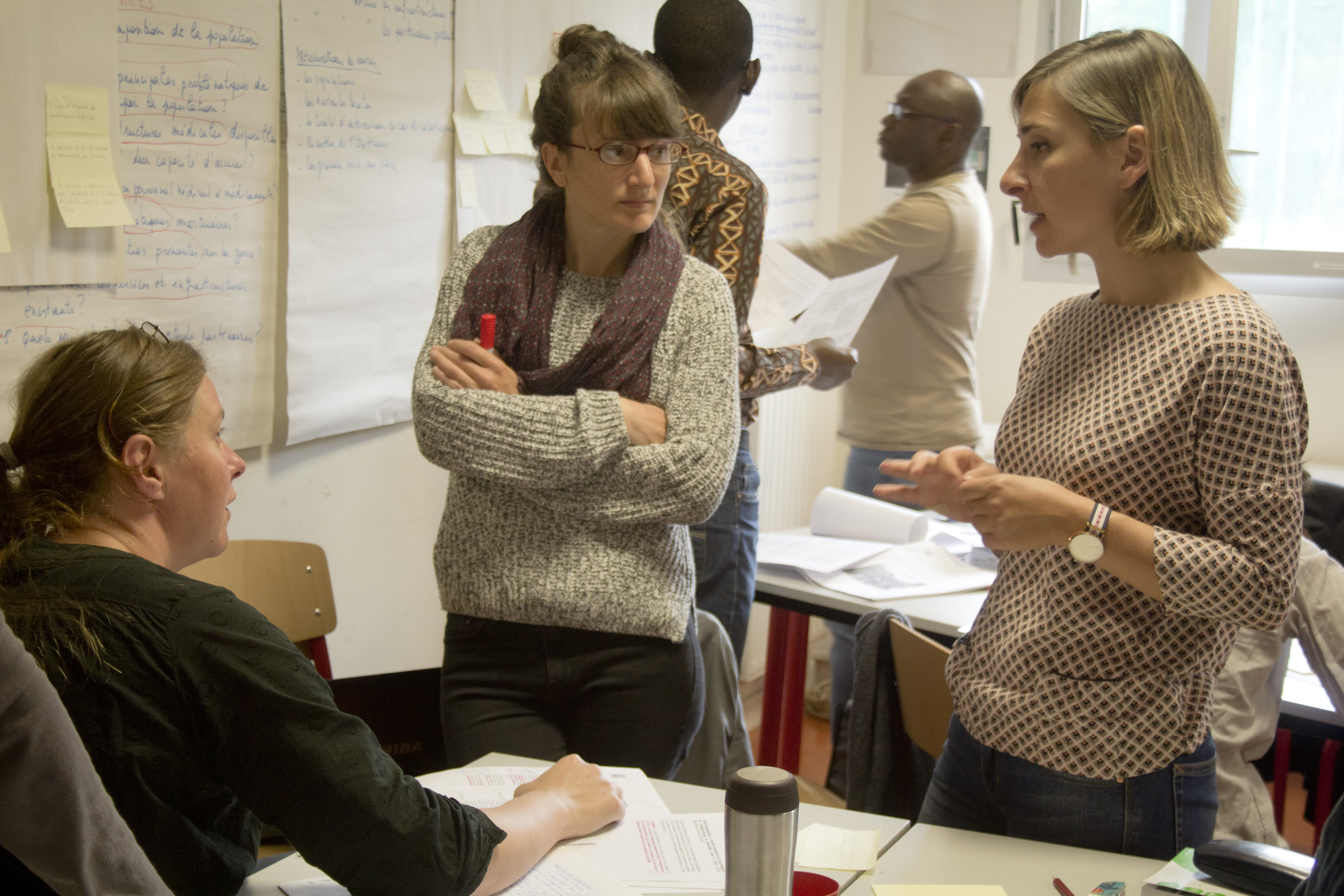
Meet the people behind Bioforce
Bioforce has a board of trustees comprising 20 members who help develop the strategy and vote on the broad guidelines. Daily operations are covered by a team of 70 people in Europe, Africa and the Middle East, at the headquarters, in training centres and in our missions. Finally, we have a network of external trainers, some of whom are accredited as Associate Trainers.

ANNUAL REPORT

RESOURCES & PARTNERS
Budget 2022 (€)
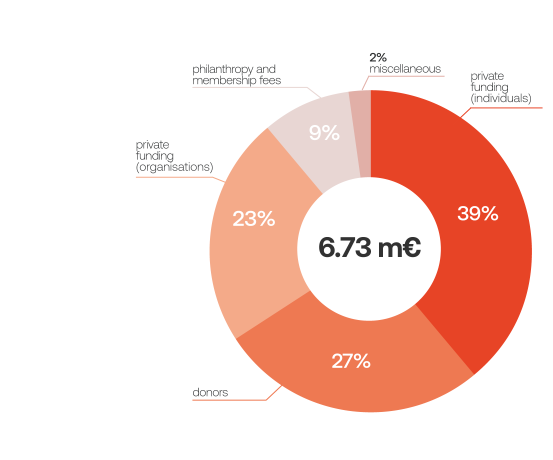
Origin of funds
- Private funding (Individuals). Funding from course participants
- Donors. Auvergne-Rhône-Alpes Regional Authorities, Greater Lyon (Métropole de Lyon), Regional and Town Councils, other public institutions, Agence française de Développement, United Nations, European Union, the Principality of Monaco.
- Private funding (Organisations). International organisations, NGOs, companies, foundations, taxe d’apprentissage (a French tax to fund education), OPCO (Authorised Joint Collection bodies).
- Philanthropy and membership fees. Institut Mérieux, bioMérieux, Sogelym Dixence, membership fees
- Miscellaneous.
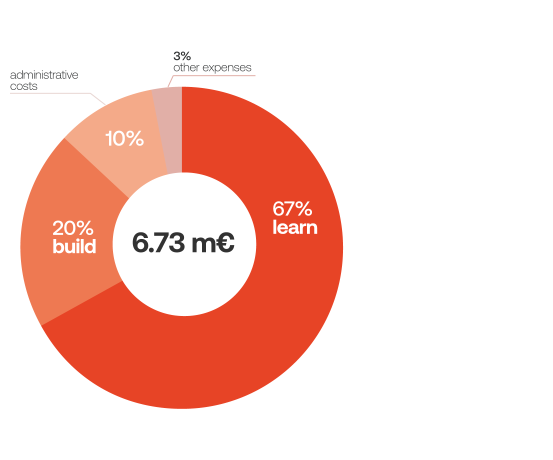
Use of funds
- Learn. Diploma and open training courses for the humanitarians of today and tomorrow in Europe, in Africa, in the Middle East and online.
- Build. Strengthening the capacities of organisations in crisis-affected zones (CAR, Guinea, Lebanon, Jordan, bespoke learning programmes).
- Administrative costs. Overhead costs incurred to carry out our missions ans to ensure their proper implementation.
- Other expenses. Depreciation charges and provisions.
- The positive result for the year of 5 447€ was allocated to equity.
They support Bioforce
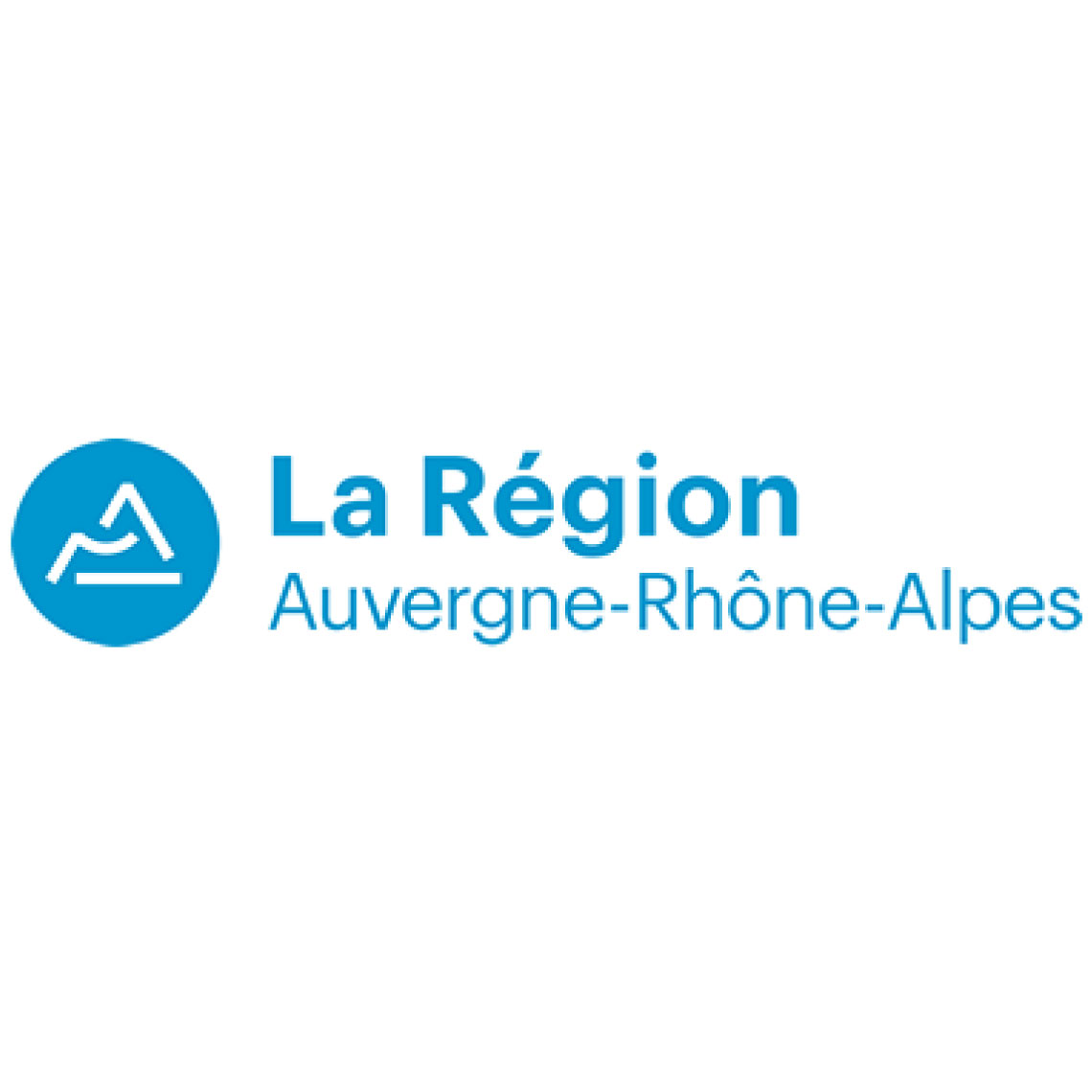




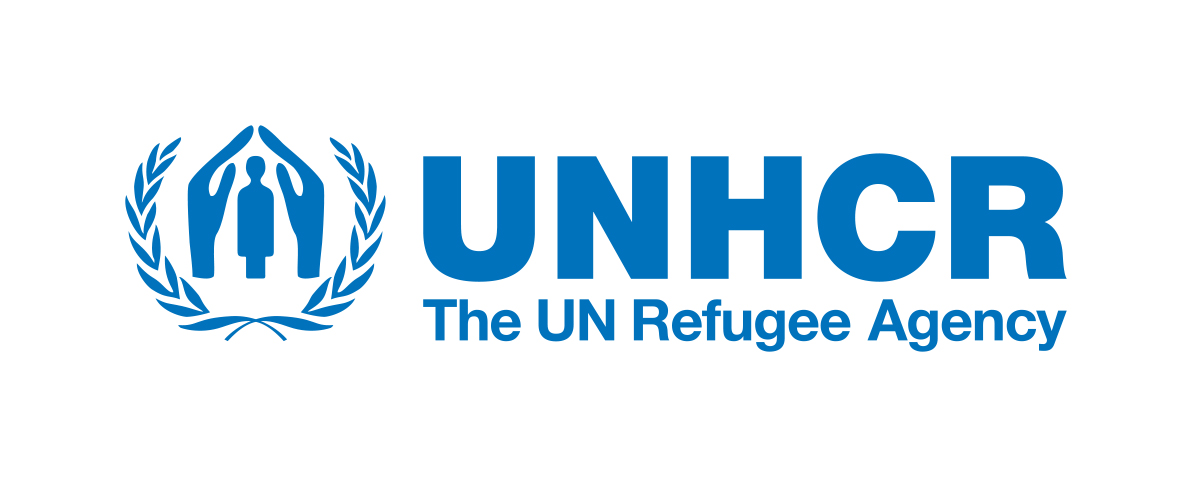
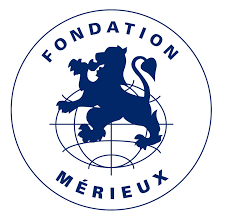
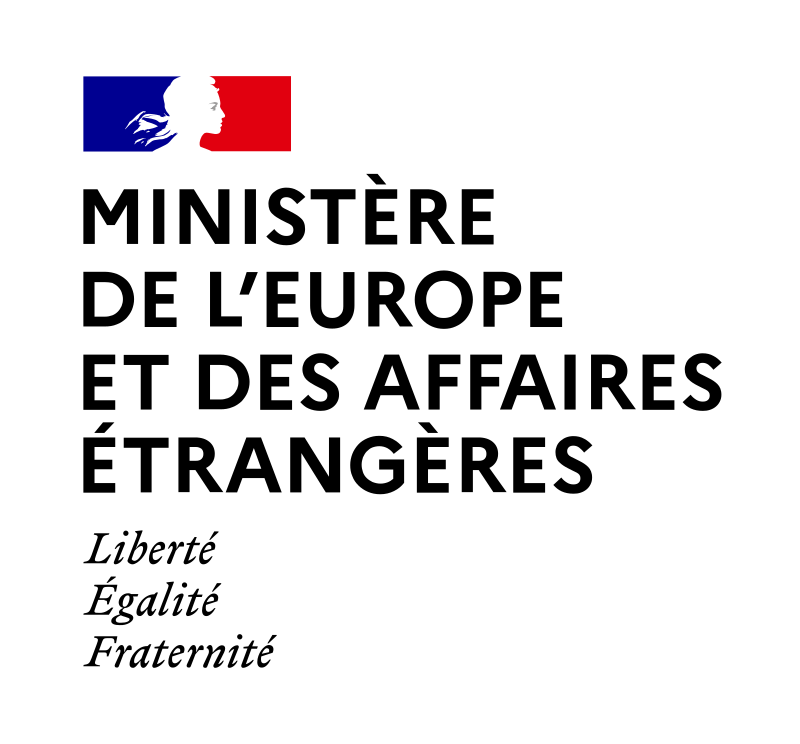
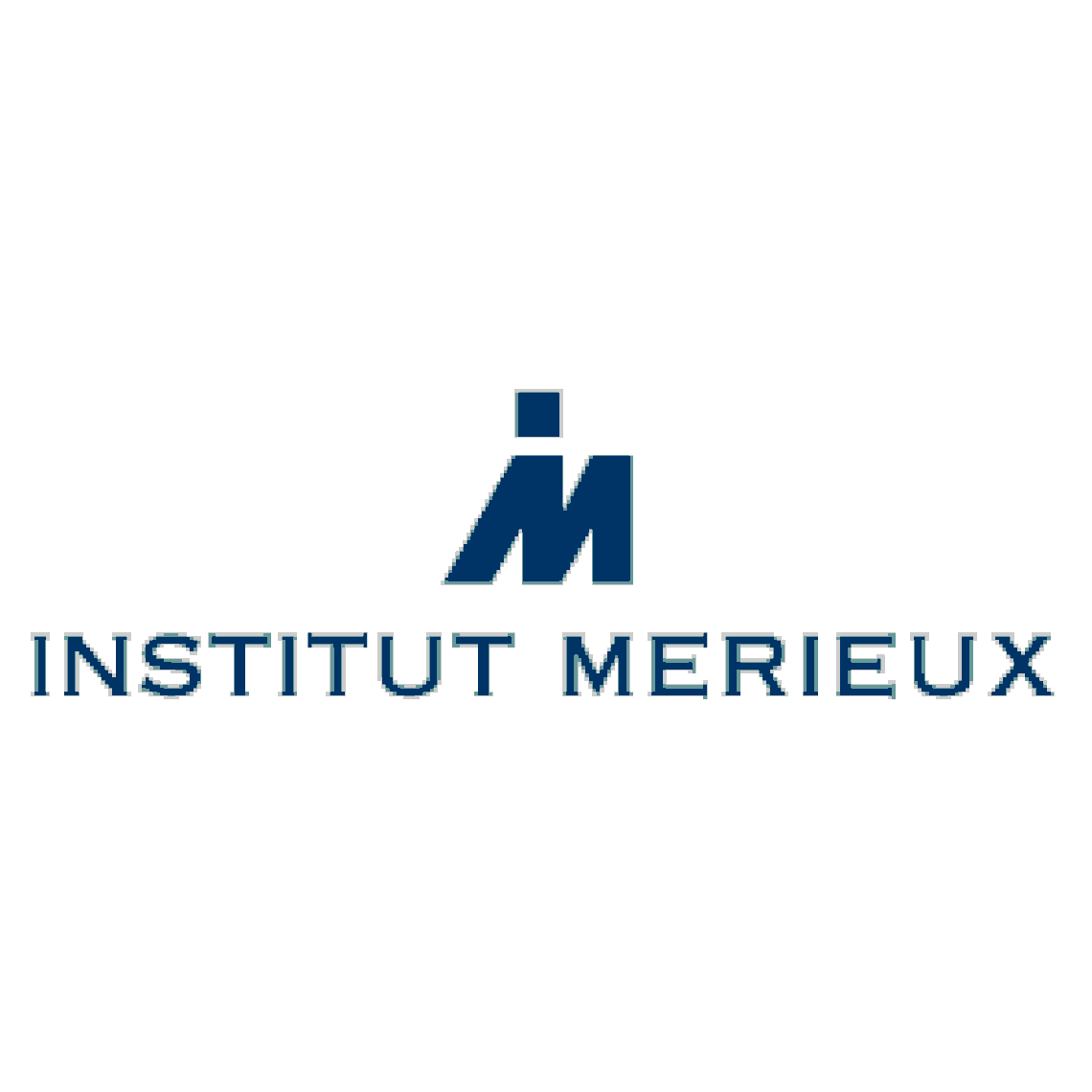
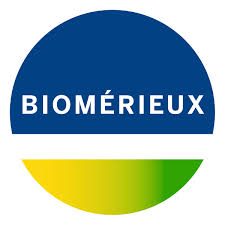

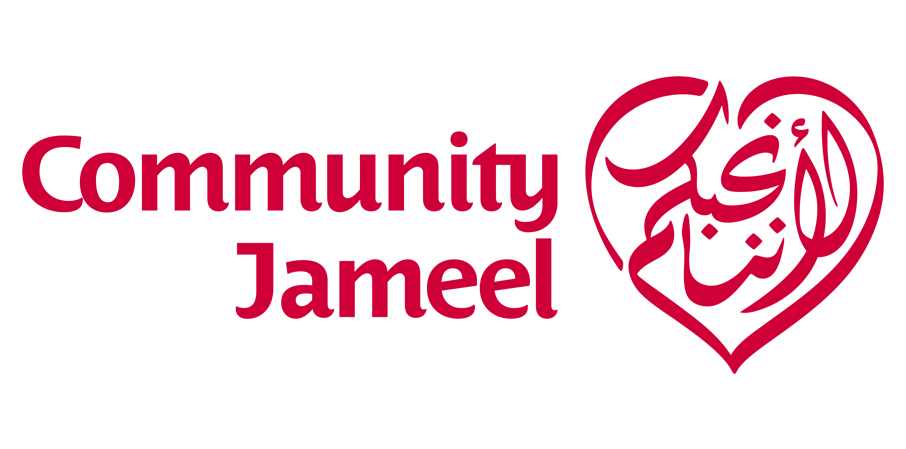

Our story
Humanitarian since 1983
It all began at a local level, when a pioneer of preventive medicine and industrial virology from Lyon, Charles Mérieux, came to the conclusion that no aid work was possible without logistics support.
Read the story